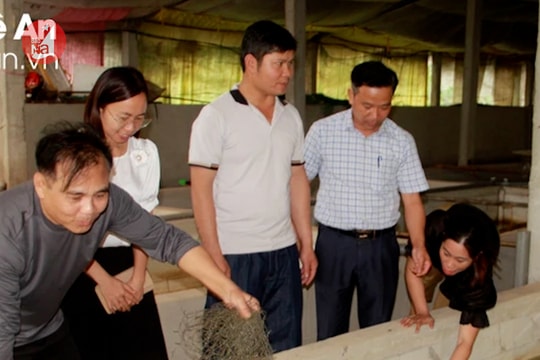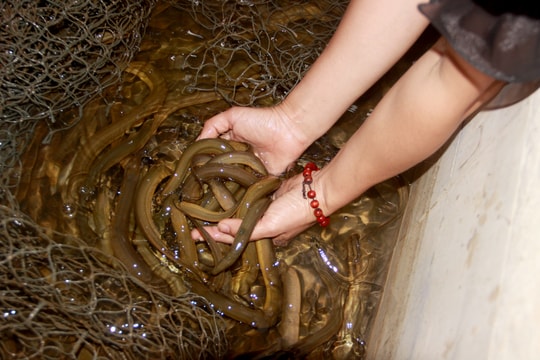Raising non-venomous snakes in Yen Thanh
Thanks to raising snakes every year, Nguyen Van Sau's family in Kim Thanh commune, Yen Thanh district (Nghe An) has extra income to improve their lives.
Nguyen Van Sau’s family in the mountainous commune of Kim Thanh, Yen Thanh district used to do all kinds of jobs such as cutting acacia trees for hire, repairing motorbikes, doing electrical work, etc., but life was still difficult. Realizing that snake farming was suitable for the family’s ability, he switched to developing the snake farming profession.
.jpeg)
From the beginning of 2024 until now, he has invested in building a barn. to raise and raise the species of snakes such as the common snake, the garter snake, and the striped snake for commercial purposes. These are all non-venomous snake species, not potentially dangerous to breeders, and have stable output and high economic value.
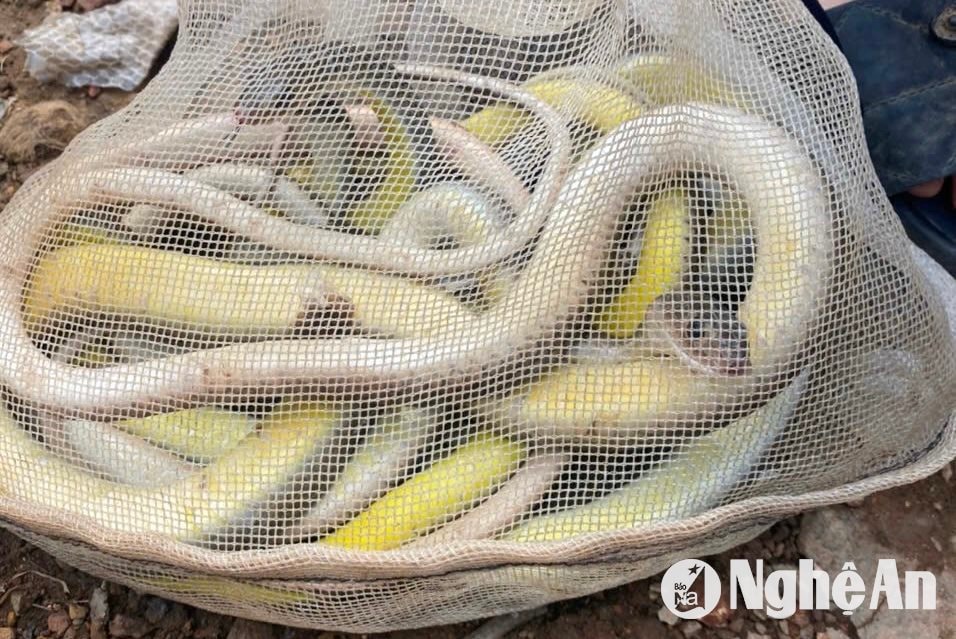
Mr. Sau said that snakes such as rat snakes and striped snakes are caught in the forest and raised when they are young. Snakes are easy to raise, the owner just needs to feed them on time, on average once or twice a day.
Food sources that can be exploited are toads, frogs, mice, and discarded livestock meat. They can be sold after 3-4 months of raising, weighing from 6-8 ounces/snake. Every 25-30 days, clean the soil under the cage floor and replace it with new soil to prevent skin diseases for snakes.
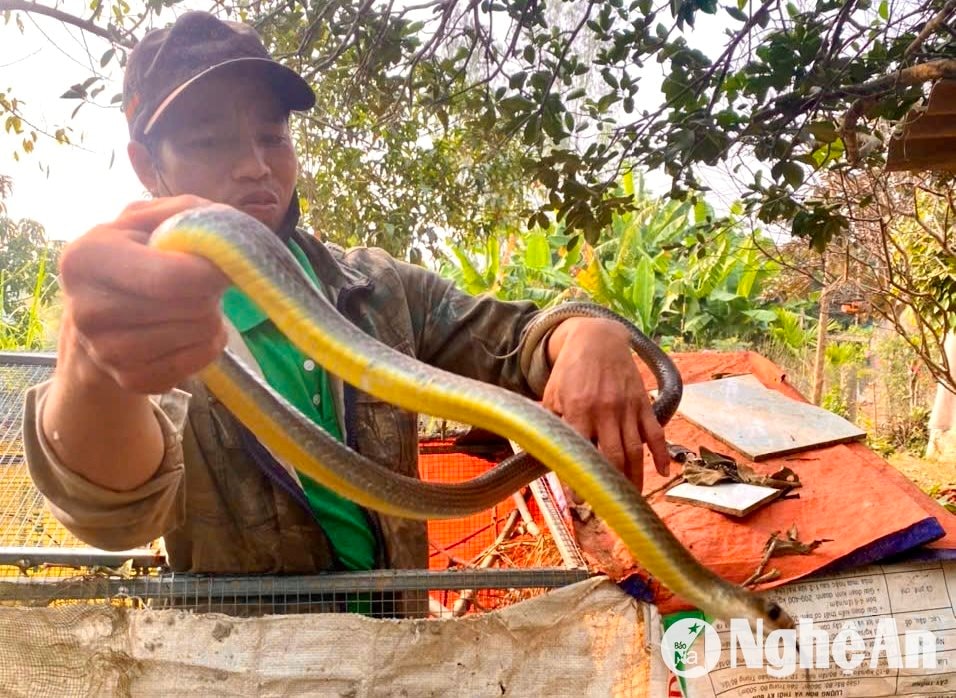
At peak times, Mr. Sau raised hundreds of snakes. The snakes were mostly sold to regular customers who came to buy the meat for food, at prices ranging from 200,000-400,000 VND/kg.
To ensure safety, Mr. Sau built a separate snake farm far away from the livestock farm. The barn was built with solid bricks and had a steel mesh to prevent snakes from escaping, ensuring coolness in the summer and warmth in the winter.
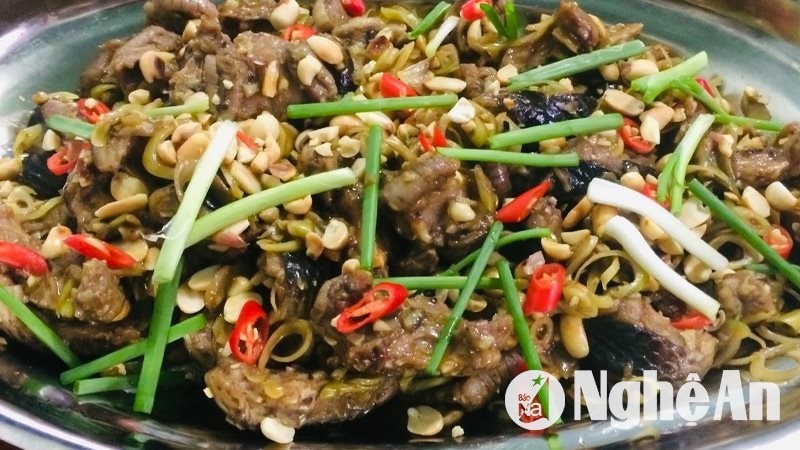
In the cage, rocks and straw are stacked to create artificial caves for snakes to live in. Thanks to snake farming, Mr. Nguyen Van Sau has more money to improve his family's life..
Mr. Nguyen Van Sau said: Snake farming requires little capital and is easy to raise, however, the output is very difficult, mainly sold in small quantities to acquaintances, so it is very difficult to expand the scale of farming.
A representative of the Yen Thanh District Forest Protection Department said: Currently, snake farming in Yen Thanh District is not popular. Most households are still small-scale and spontaneous, so few people are interested in registering for a license to raise wild animals.
In the long term, households raising snakes on a commercial scale need to notify local authorities and the Forest Protection Department so that the competent authorities can guide them through the procedures to apply for a business license. According to regulations, snakes are wild animals, so when raising them, they must comply with regulations on wildlife management and protection.



